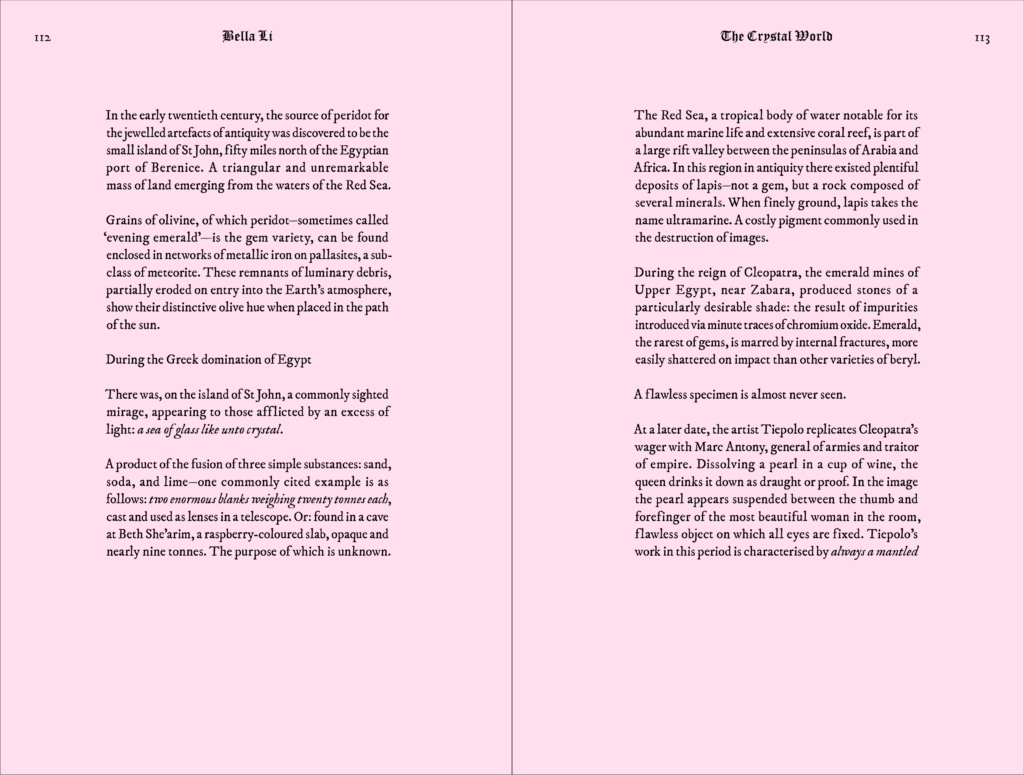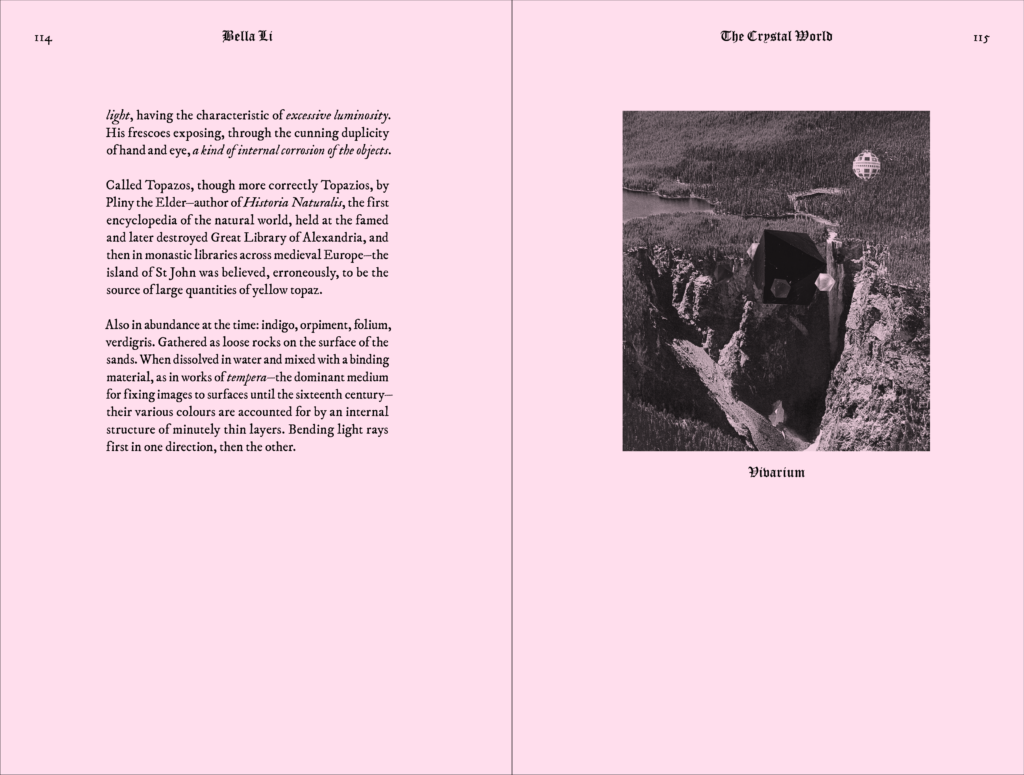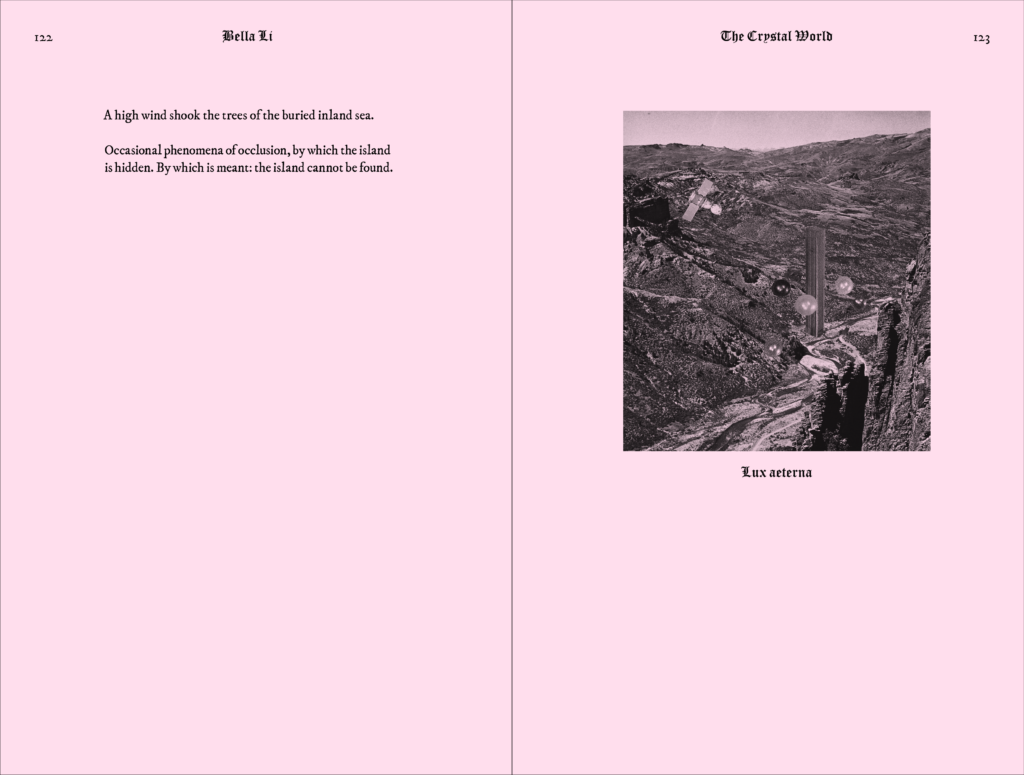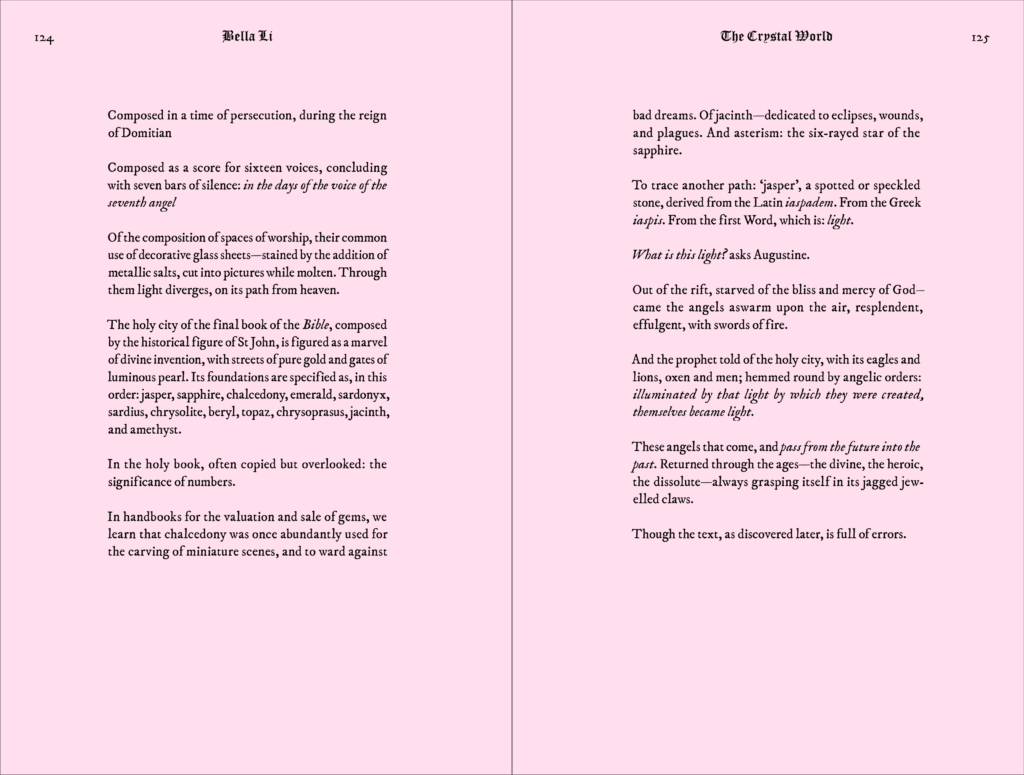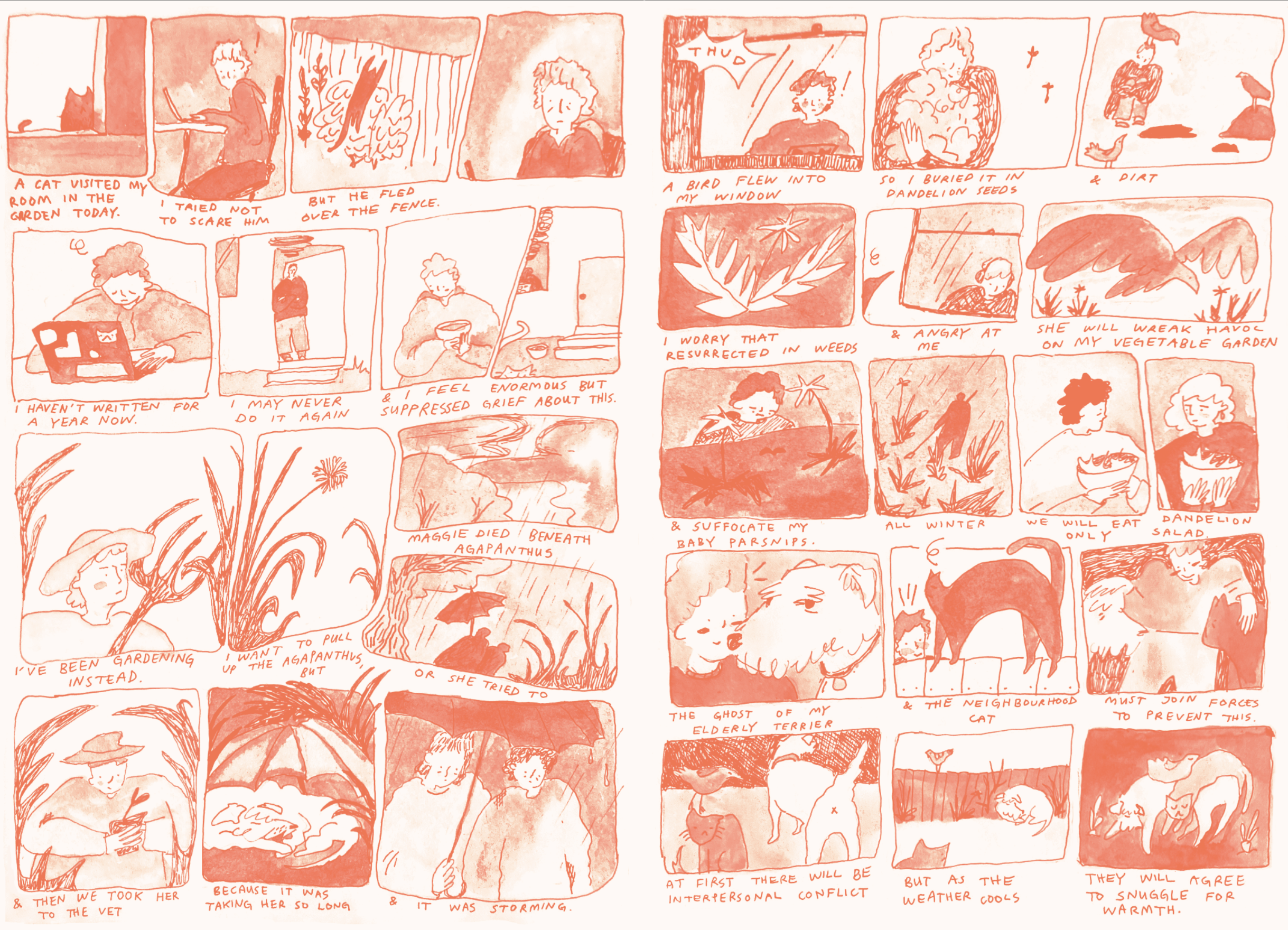In 2008, Melbourne joined the UNESCO Creative Cities Network, when it was designated the first Australian City of Literature, and the second ever City of Literature in the world.
This designation as a UNESCO City of Literature is an acknowledgment of the breadth, depth and vibrancy of the city’s literary culture. We are proud to call Melbourne home to an exciting and broad range of writers, publishers, booksellers, literary organisations, events and festivals.
Reading the City of Literature is a snapshot of Melbourne’s literary activity over the span of a year. Last year we published Reading the City of Literature 2023.
Here is the 2024 version – please feel free to scroll, click, read, share and explore!
About the Melbourne UNESCO City of Literature Office
The Melbourne UNESCO City of Literature Office is responsible for celebrating and promoting this designation and everything literary Melbourne has to offer.
The Office’s role involves supporting the work and networks that exist, nurturing and developing new opportunities and networks, making connections across industry and audiences and championing all things Melbourne as a City of Literature. This is achieved through strategic initiatives, partnership programs and international exchanges.
The Office has three broad areas of action that address the aims of the Creative City Network as well as the needs for Melbourne as a City of Literature: Connecting the City of Literature, Reflecting the City of Literature and Supporting the City of Literature.
The Melbourne UNESCO City of Literature Office is a joint initiative of Creative Victoria and City of Melbourne and is hosted by The Wheeler Centre.


















